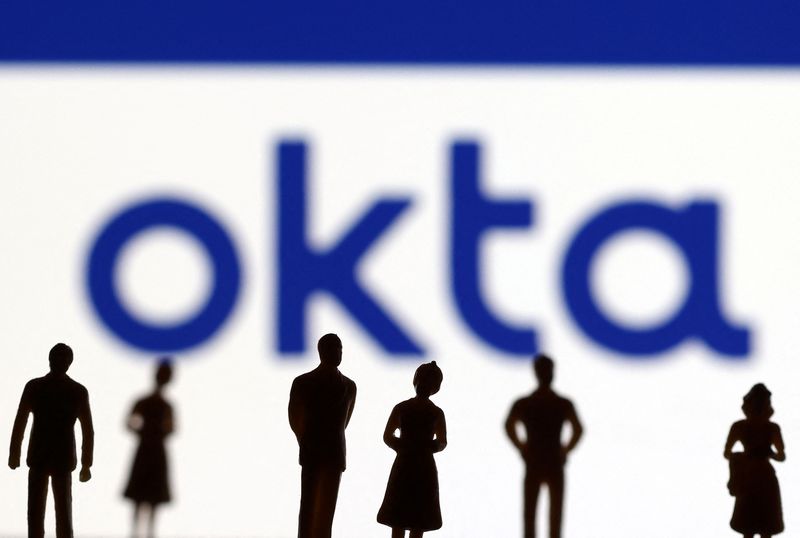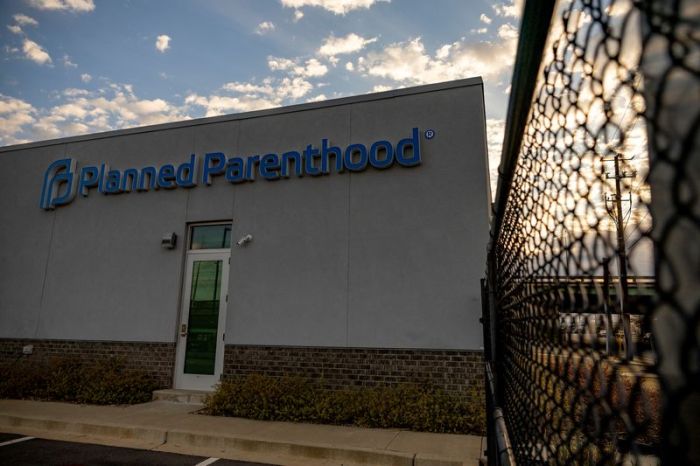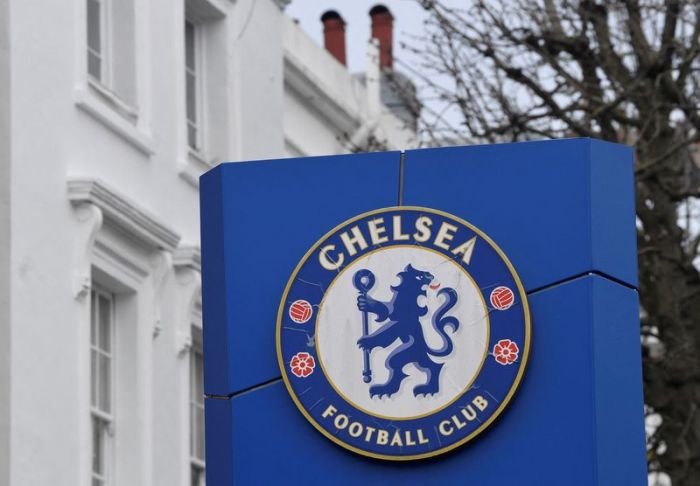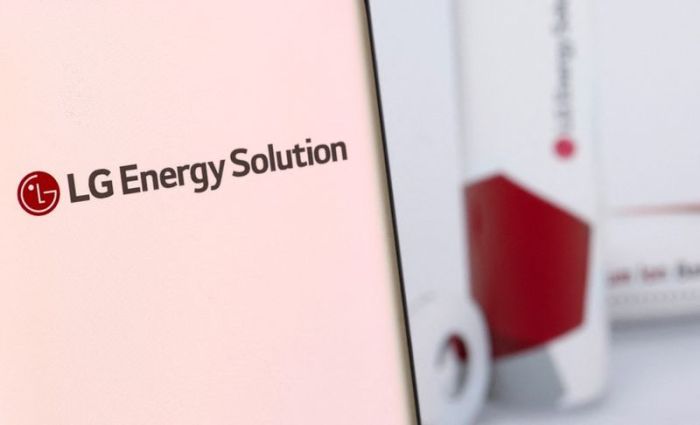WASHINGTON (Reuters) – Okta said on Wednesday hundreds of its customers may have been affected by a security breach involving hacking group Lapsus$, amid criticism of the digital authentication firm’s slow response to the intrusion that knocked its shares down about 11 percent.
The breach sparked concern because the cyber extortion gang had posted what appeared to be internal screenshots from within the organization’s network roughly a day ago.
Okta’s Chief Security Officer David Bradbury said in a series of blog posts that the “maximum potential impact” was to 366 customers whose data was accessed by an outside contractor.
The contractor, the Miami-based Sitel Group, employed an engineer whose laptop the hackers had hijacked, Bradbury said, adding that the 366 figure represented a “worst case scenario” and that the hackers had been constrained in their range of possible actions.
A representative for Sykes, a subsidiary of the Sitel Group, said in an emailed statement that the company was unable to comment on its relationship to its customers but it undertook an “immediate and comprehensive” investigation into the breach and had since determined there was no longer a security risk.
San Francisco-based Okta helps employees of more than 15,000 organizations securely access their networks and applications, so any breach there could have serious consequences.
Bradbury said the intruders would have been unable to perform actions such as downloading customer databases or accessing Okta’s source code.
Okta, whose market capitalization is $26 billion, has been criticized for its reaction to the hack, which struck some experts as initially dismissive. The disquiet increased when it emerged that the company either had known – or could have known – that there was a problem much earlier.
Okta first got wind of a potential breach in January, Bradbury said, explaining that it warned the Sitel Group right away. But it was only on March 10 that Sitel received a forensic report about the incident, giving Okta a summary of the findings a week later.
Bradbury said he was “greatly disappointed by the long period of time that transpired between our notification to Sitel and the issuance of the complete investigation report.”
The hack – and Okta’s reaction to it – has made some investors nervous. The 10.74 percent fall in share price was the worst one-day percentage drop since 2018, and Raymond James Equity Research downgraded the stock from “strong buy” to “market perform,” in part citing Okta’s handling of the incident.
(Reporting by Raphael Satter. Editing by Shri Navaratnam, Bernadette Baum, Alexander Smith and Bernard Orr)

























